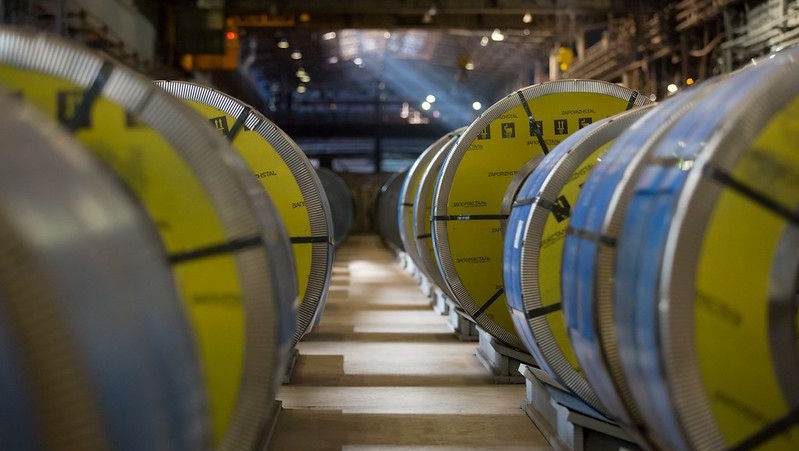Poland has begun construction of defensive fortifications along its border with Russia, Prime Minister Donald Tusk announced.
“Construction of the ‘Eastern Shield’ has started! The first works are underway at the border with Russia,” he posted on social media platform X, sharing photos of excavators digging the ground.
As part of the “Eastern Shield” programme, Polish authorities plan to dig 800 kilometers of trenches along the 400-kilometer border with Russia's Kaliningrad region and Belarus, set up minefields, install anti-tank obstacles and fences, and create a video surveillance system.
“We want our border to be safe in peacetime and impassable in wartime,” Tusk explained.
He noted that Poland occupies a strategic position on NATO’s and the European Union’s eastern flank and feels a responsibility for overall security on the continent. The construction of the “Eastern Shield” is expected to last until 2028, with an overall project cost of 10 billion zlotys, or $2.5 billion.
Earlier, The Times reported that the Baltic states will build over 1,000 concrete bunkers on their borders with Russia and Belarus. The "Baltic Defense Line" will include various means to deter potential invaders: anti-tank mines, trenches, barbed wire, and so-called dragon’s teeth—pyramid-shaped anti-tank obstacles made of concrete or reinforced concrete. Ammunition depots will be located near the borders, with construction expected to start in January 2025.
Estonian authorities plan to spend about 60 million euros on the construction of 600 facilities along its entire border with Russia. Each of the specified bunkers, measuring 37 square meters, can accommodate about a dozen soldiers and will be protected from artillery strikes, according to Deputy Chancellor of the Ministry of Defense, Susan Lillieväli.
In 2024, military officials from at least ten NATO countries stated that a potential Russian aggression against alliance countries is a real scenario for the near future. In particular, Polish Defense Minister Władysław Kosiniak-Kamysz said that the republic's authorities do not rule out a Russian attack after the war in Ukraine ends. He noted that the Polish Ministry of Defense has already begun taking concrete steps in light of this threat, including addressing gaps in military equipment: contracts worth 19 billion zlotys (nearly $5 billion) have been signed for weapon supplies, primarily with Polish defense companies.





















